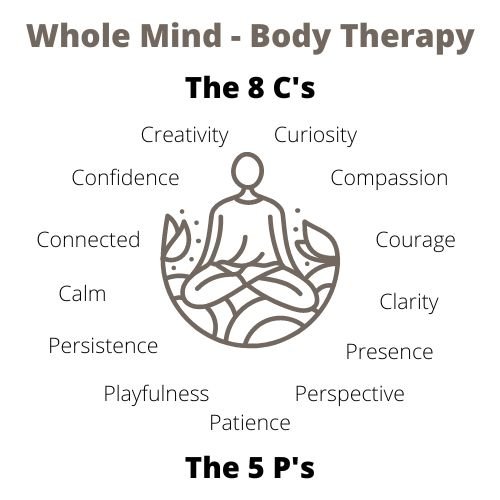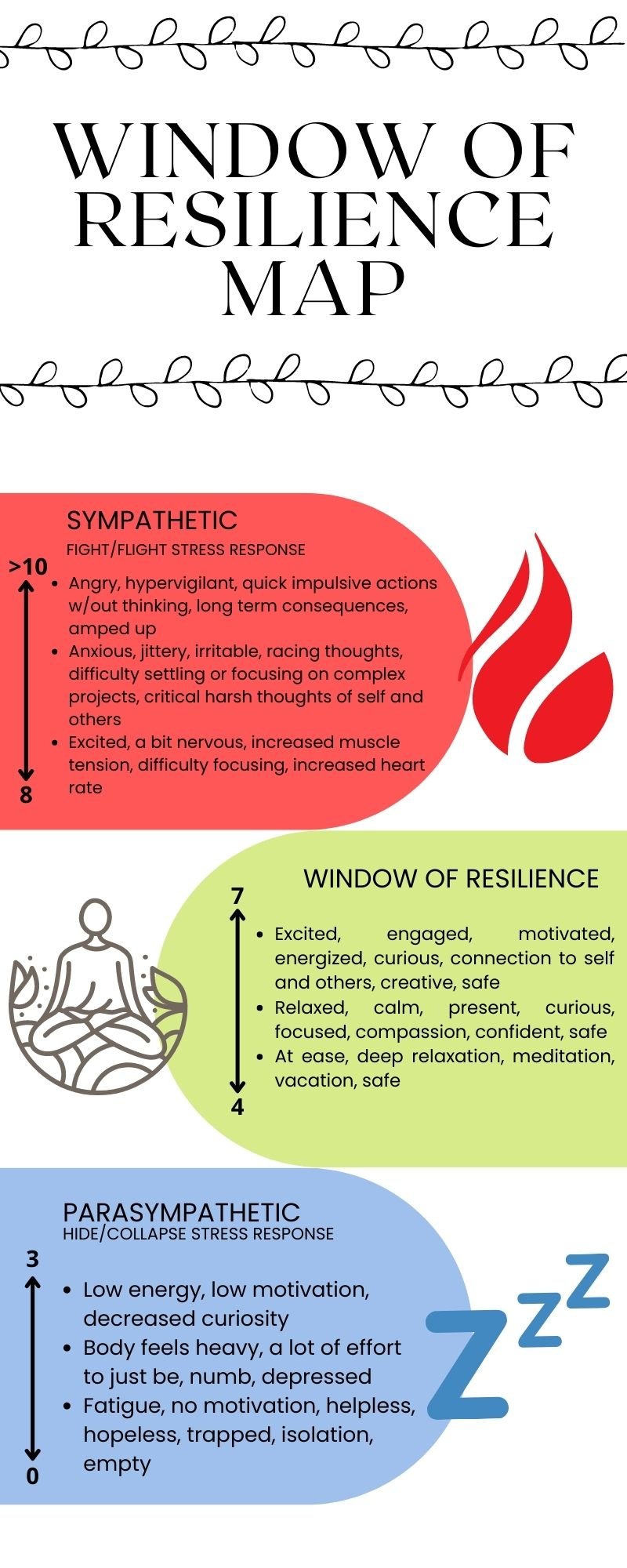
frequently asked questions & Resources
-
Everyone goes through challenging situations in life, and while you may have successfully navigated through other difficulties you've faced, there's nothing wrong with seeking out extra support when you need it. In fact, therapy is for people who have enough self-awareness to realize they need a helping hand, and that is something to be admired. You are taking responsibility by accepting where you're at in life and making a commitment to change the situation by seeking therapy. Therapy provides long-lasting benefits and support, giving you the tools you need to avoid triggers, re-direct damaging patterns, and overcome whatever challenges you face.
-
Because each person has different issues and goals for therapy, therapy will be different depending on the individual. In general, you can expect to discuss the current events happening in your life, your personal history relevant to your issue, and report progress (or any new insights gained) from the previous therapy session. Depending on your specific needs, therapy can be short-term, for a specific issue, or longer-term, to deal with more difficult patterns or your desire for more personal development. Either way, it is most common to schedule regular sessions with your therapist (usually weekly).
It is important to understand that you will get more results from therapy if you actively participate in the process. The ultimate purpose of therapy is to help you bring what you learn in session back into your life. Therefore, beyond the work you do in therapy sessions, your therapist may suggest some things you can do outside of therapy to support your process - such as reading a pertinent book, journaling on specific topics, noting particular behaviors or taking action on your goals. People seeking psychotherapy are ready to make positive changes in their lives, are open to new perspectives and take responsibility for their lives.
-
It is well established that the long-term solution to mental and emotional problems and the pain they cause cannot be solved solely by medication. Instead of just treating the symptom, therapy addresses the cause of our distress and the behavior patterns that curb our progress. You can best achieve sustainable growth and a greater sense of well-being with an integrative approach to wellness. Working with your medical doctor you can determine what's best for you, and in some cases a combination of medication and therapy is the right course of action.
resources & Links
Chronic Stress & Trauma
Attachment & Relationships
Emotionally Focused Couples Therapy
Diane Poole Heller: Healing Attachment Wounds
Interpersonal Neurobiology: Dr. Dan Siegel
LGBTQ+
Racialized Trauma, Embodied Racial Equity, Anti-Racist Education
Resma Menakem, MSW Somatic Experiencing
General Resources
Answers to Your Questions About Panic Disorder
Questions and Answers About Memories of Childhood Abuse
The National Domestic Violence Hotline Website
Depression and How Therapy Can Help
Academy of Nutrition and Dietetics
The Institute for Functional Medicine
Suicide Prevention
In Vermont Call 211
National Suicide Prevention 988



